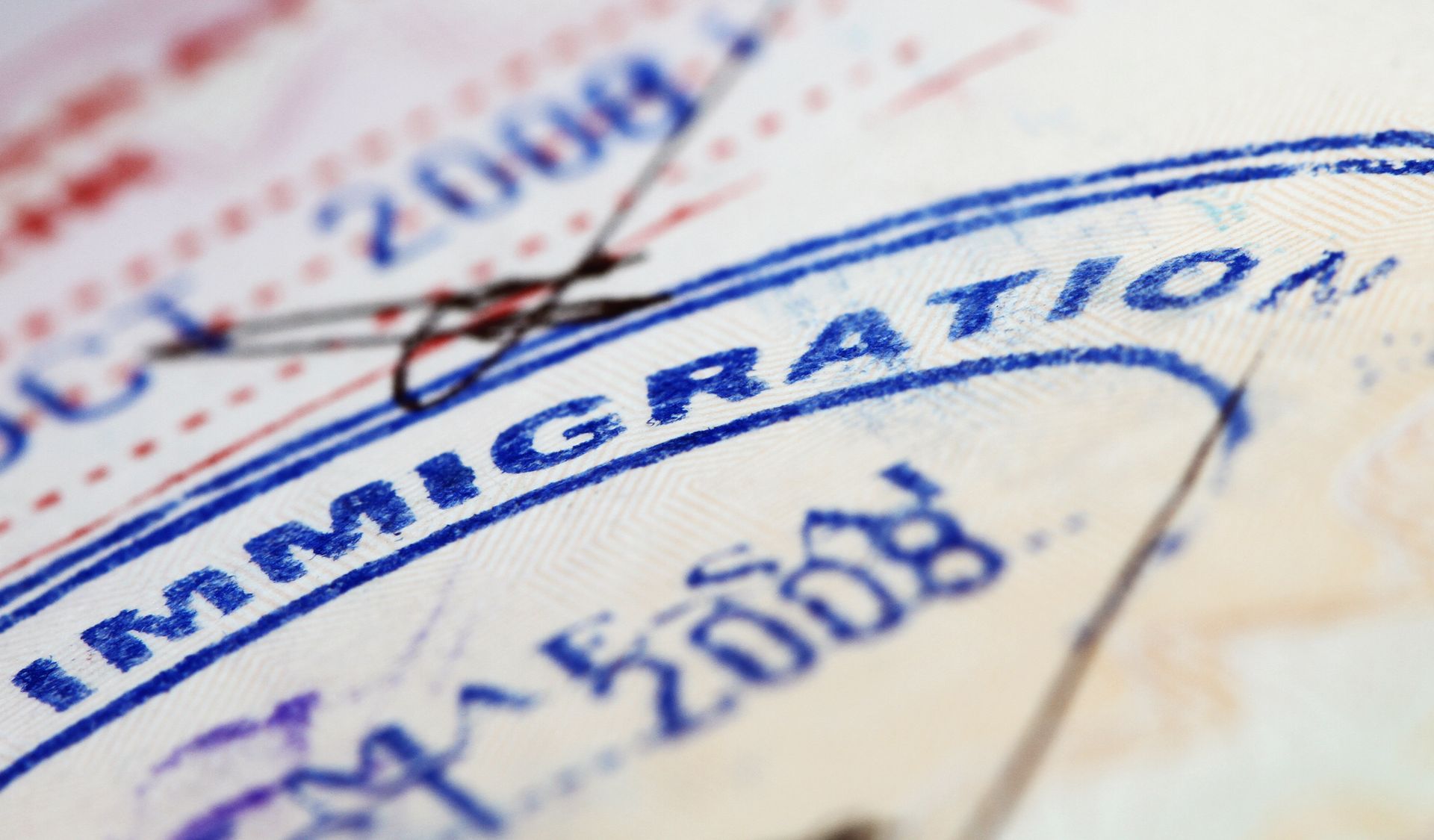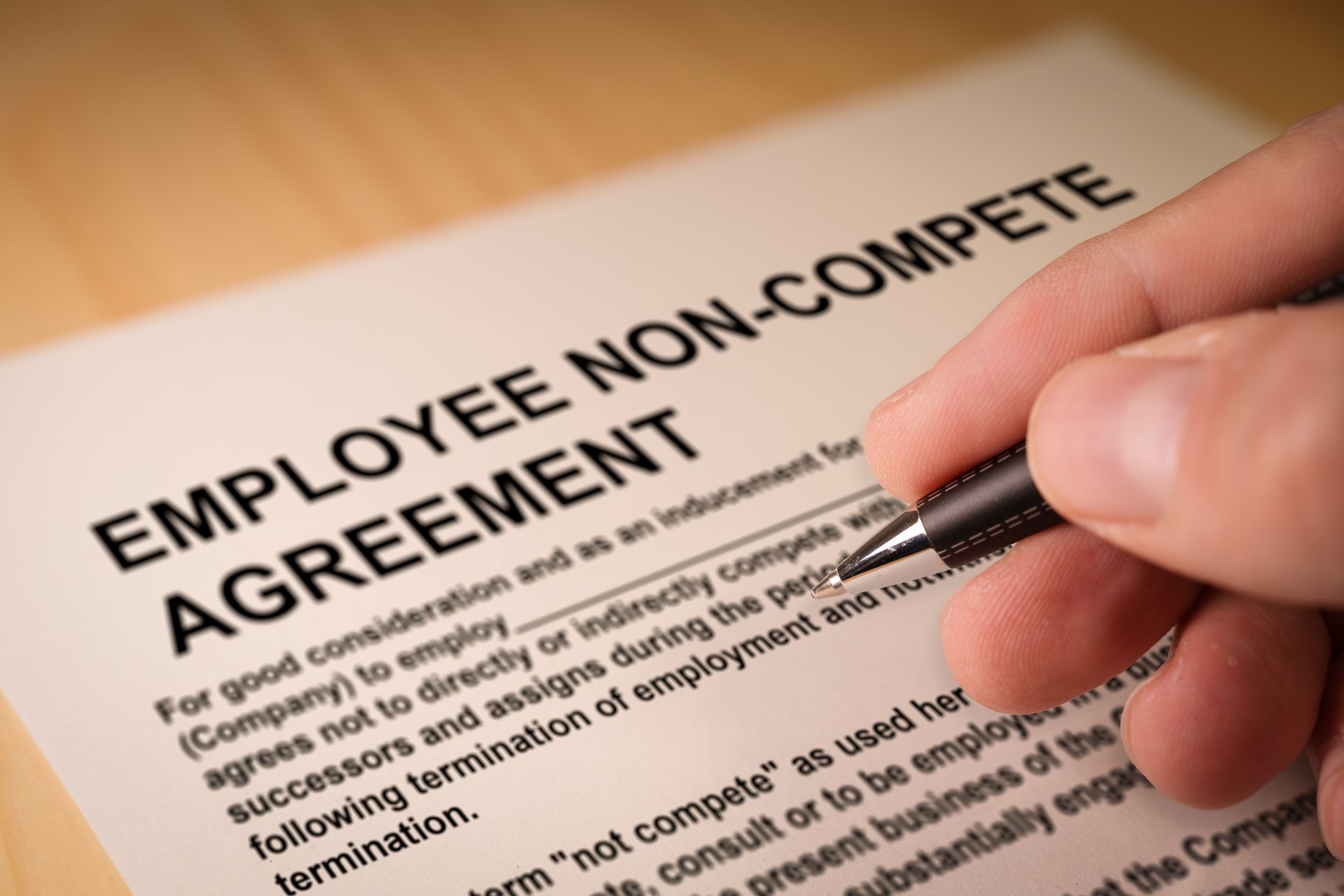
Navigating custody disputes is never easy, but when immigration status enters the equation, things can quickly become more complicated. In Minnesota family courts, a parent’s immigration status can influence, but does not automatically determine, custody outcomes.
However, undocumented status, visa uncertainty or pending deportation can create additional legal and emotional challenges for parents fighting to protect their rights and maintain relationships with their children.
Does Immigration Status Affect Custody in Minnesota?
Minnesota family courts prioritize one thing above all else: the best interests of the child. This standard includes factors like the child’s physical and emotional needs, the stability of each parent’s home, the strength of parent-child relationships, and each parent’s ability to provide ongoing care.
Immigration status is not one of the 12 statutory factors listed in Minnesota’s custody laws. However, it may become relevant if it impacts a parent’s ability to provide stability or remain in the country long term.
For example:
- If a parent is facing deportation or detention, a judge may consider how that affects their ability to exercise custody or parenting time.
- If a parent is legally in the U.S. and has a stable living situation, they may be seen as more capable of meeting the child’s daily needs.
- If a parent’s immigration status is used by the other parent to intimidate, threaten, or manipulate custody outcomes, courts may view that as abusive behavior and take it into account.
Can an Undocumented Parent Still Get Custody?
Yes. Being undocumented does not disqualify a parent from receiving custody or parenting time in Minnesota. The court cannot deny custody solely based on immigration status.
However, the undocumented parent must still demonstrate their ability to care for the child and provide a safe, stable environment.
The judge may ask questions about:
- Housing and income stability
- Access to transportation or support systems
- Plans for the child’s care if the parent is detained or deported
If both parents are undocumented, the court will still evaluate who offers the more stable environment, just as in any other case.
What Happens If a Parent Is Deported During a Custody Case?
Deportation complicates custody cases but does not necessarily terminate parental rights.
If a parent is deported while custody is pending or after a custody order is issued:
- They may request visitation through virtual communication or ask for the child to visit them in their home country if safe and appropriate.
- The court may temporarily transfer custody or parenting time to the other parent or a guardian but allow the deported parent to petition for changes if they return or reestablish legal status.
- If the child is a U.S. citizen and the parent wishes to take them abroad, the court will examine the best interests of the child, especially regarding education, healthcare, and language considerations.
Judges may also consider whether the parent has made arrangements for care or guardianship in the U.S. if deportation is likely.
Immigrant Survivors of Abuse and Custody
In some cases, immigration status plays a key role in protecting immigrant parents from abusive situations. For instance:
- Victims of domestic violence who are undocumented may be eligible for immigration relief under the Violence Against Women Act (VAWA) or through a U visa.
- Courts may grant temporary custody or protection orders to noncitizen parents who are fleeing abusive partners, regardless of their legal status.
It’s critical for immigrant survivors to know that seeking help from the court or a lawyer will not automatically lead to immigration enforcement, especially when filing for protection or custody in family court.
How Family Law and Immigration Law Work Together
Family courts don’t handle immigration status directly, but custody proceedings can intersect with immigration law in several ways:
- An immigration attorney may help a parent adjust status or apply for relief, which can support their custody case by showing long-term stability.
- A family law attorney can prepare custody petitions and help the court understand the parent’s immigration-related circumstances.
- In cases involving Special Immigrant Juvenile Status (SIJS), state court custody orders may be required to support a child’s immigration application.
Because of this crossover, families dealing with both custody and immigration issues should work with lawyers who understand both legal areas, or who can collaborate across specialties.
Protecting Parental Rights Regardless of Status
No matter your immigration background, you have parental rights in Minnesota. Judges are instructed to focus on what’s best for the child, not on immigration enforcement or assumptions about status. If you’re worried that your status could affect your case, it may be in your best interest to speak with a knowledgeable attorney. A lawyer can help you:
- Prepare for questions about stability and future plans
- Gather documentation that demonstrates your strengths and responsibilities as a parent
- Navigate both immigration processes and family court procedures
- Prevent the other parent from using your immigration status unfairly in court
Need Legal Help Navigating Custody and Immigration Challenges?
If you're facing a custody case and have questions about how your immigration status may affect your rights, having legal guidance you trust can make a real difference. The intersection of immigration and family law can be complex, but with the right support, you can protect your family and your future.
Contact us at the Minnesota Lawyer Referral and Information Service (MNLRIS) by calling (612) 752-6699 to speak with a referral counselor. We connect Minneapolis–St. Paul residents with experienced immigration and family law attorneys who understand what’s at stake in your case.




